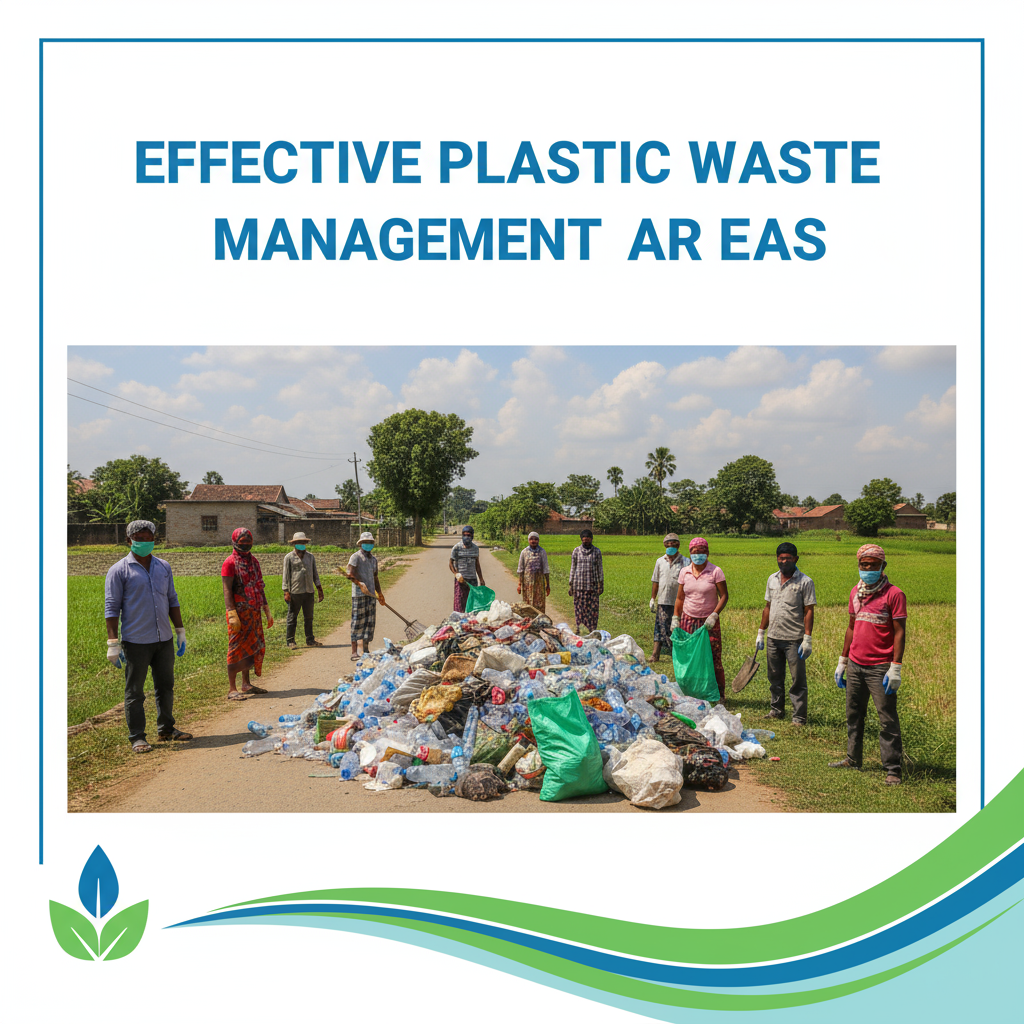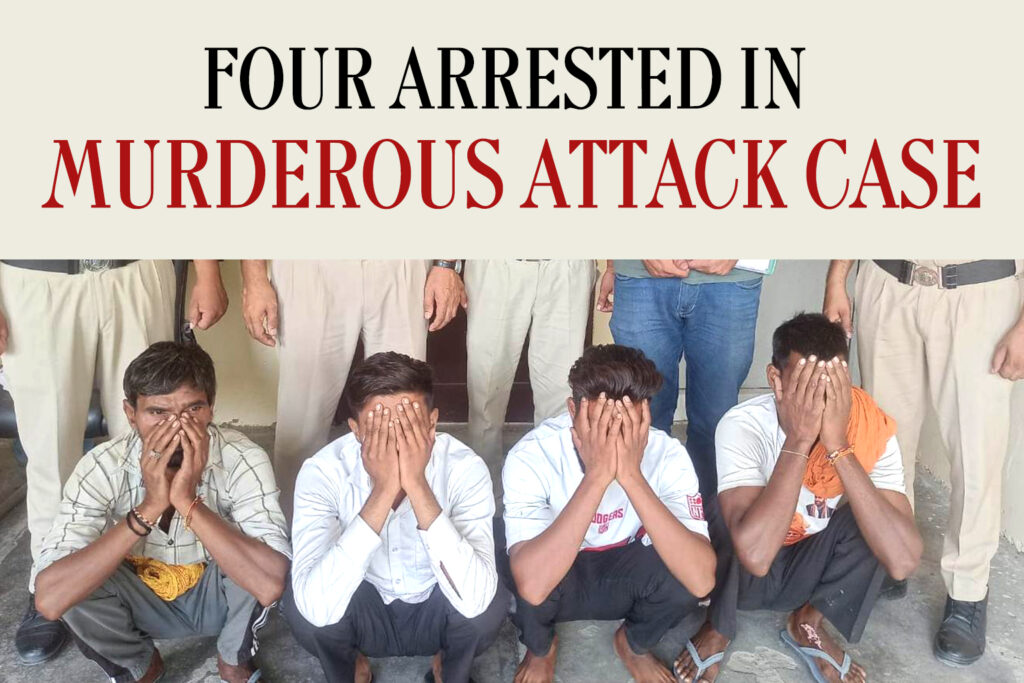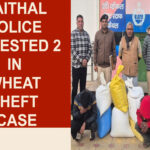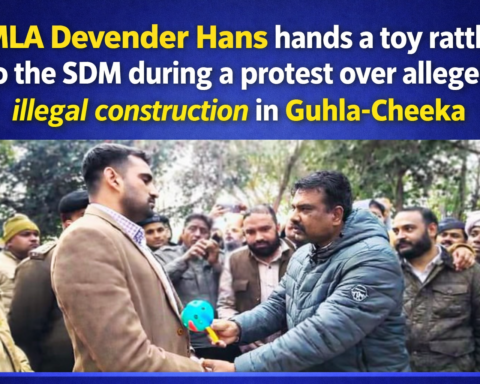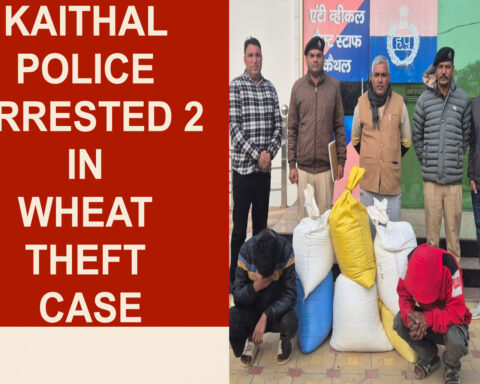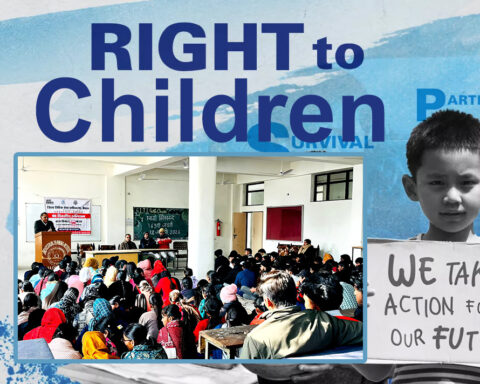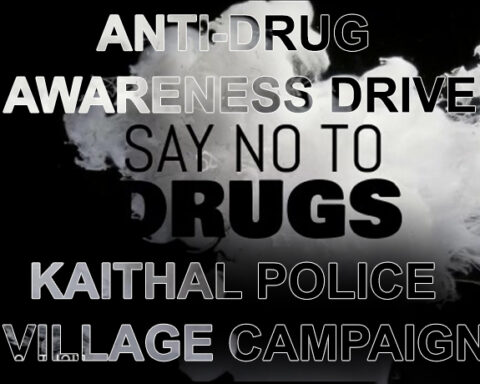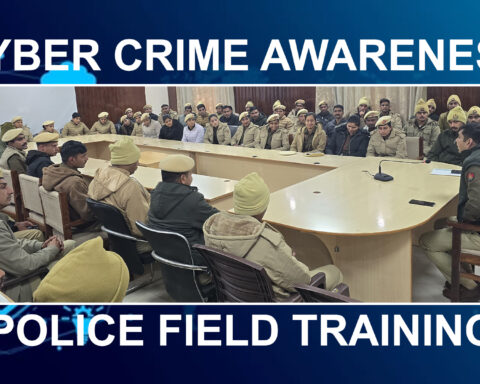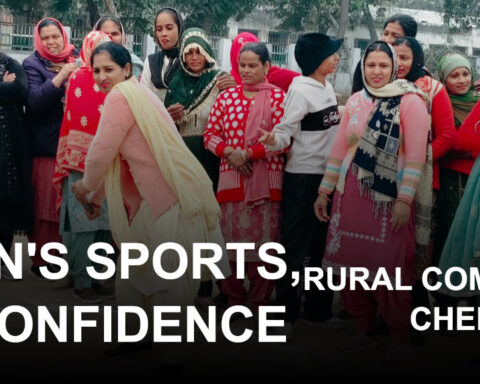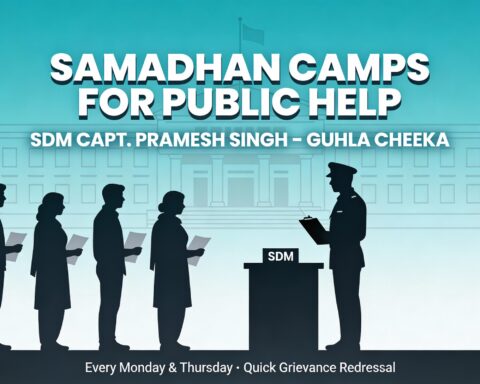Cleanliness: The Key to a Healthy and Happy Life
Cleanliness Builds Positive Minds and Societies
CEO of District Council, Suresh Ravish, emphasized that cleanliness not only keeps the body healthy but also makes the mind and society more positive. He said, “Cleanliness is the key to a healthy and happy life. When every citizen adopts cleanliness with responsibility, only then can we create a clean and beautiful environment for all.”
He was addressing villagers at Ujhana village during a cleanliness program organized under Seva Pakhwada. Guided by DC Preeti, cleanliness campaigns are being carried out at the district level with strong public participation.
Role of Citizens and Youth in Cleanliness
Ravish appealed to the youth to form groups in their villages and dedicate at least one day a week to shramdaan (voluntary labor) for cleanliness. He stressed the importance of:
- Keeping homes and surroundings clean.
- Removing garbage piles and disposing them at designated sites.
- Cleaning drains in front of houses.
- Using dustbins for waste disposal.
- Teaching children to participate in cleanliness drives.
He reminded citizens that cleanliness is not just a government program but a responsibility of every citizen. A clean environment helps prevent diseases and ensures a healthier future for children and youth. He also urged villagers to segregate wet and dry waste and reduce plastic usage.
Large-Scale Cleanliness Drives in Kaithal
Under the Seva Pakhwada program, cleanliness drives were conducted across the district:
- 183 government buildings in Kaithal
- 148 in Guhla
- 102 in Kalayat
- 65 in Pundri
- 54 in Rajound
- 42 in Siwan
These included schools, Anganwadi centers, PHCs, CHCs, bus stands, Gram Secretariats, and water supply sites. The efforts were carried out with the cooperation of CEO, BDPOs, Gram Secretaries, SBM coordinators, sanitation workers, and villagers.
Grey Water Treatment Using Seechewal Model
The CEO highlighted new initiatives for water management. To treat grey water entering village ponds, the Seechewal model has been introduced in 17 villages including Ahu, Begpur, Arnauli, Bhunsla, Budhanpur, Badsikri Kalan, Choushala, Bakal, Buchhi, Balwanti, Bhanpura, Bhaini Majra, Budhakheda, Chhaut, Bhagal, Padla, and Sajuma.
This model involves constructing three deep pits (30 feet) connected through a chamber system with a 10-foot diameter. Through pipelines, the treated water can be reused for agriculture and other purposes.
Pilot Project on Plastic Waste Management in Dhand
A plastic waste management system is being developed as a pilot project in Dhand block. The system, in its final phase of construction, will soon begin operations.
It will include three machines:
- One for cleaning plastic.
- Another for converting it into granules.
- A third for bundling the processed plastic.
All villages under Dhand block will collect plastic waste for processing through this system. Training sessions will be organized for Sarpanches, Panchs, self-help group members, and Swachh Bharat Mission teams.
Govardhan Project in Maghomajri Village
The CEO also informed that the Govardhan Project has already started in Maghomajri village, with an investment of about ₹92 lakhs. In its first phase, 63 families have been provided gas connections. Based on community discussions, gas supply has been scheduled for two hours in the morning and two hours in the evening.
If successful, this model will be replicated in other villages as well.


